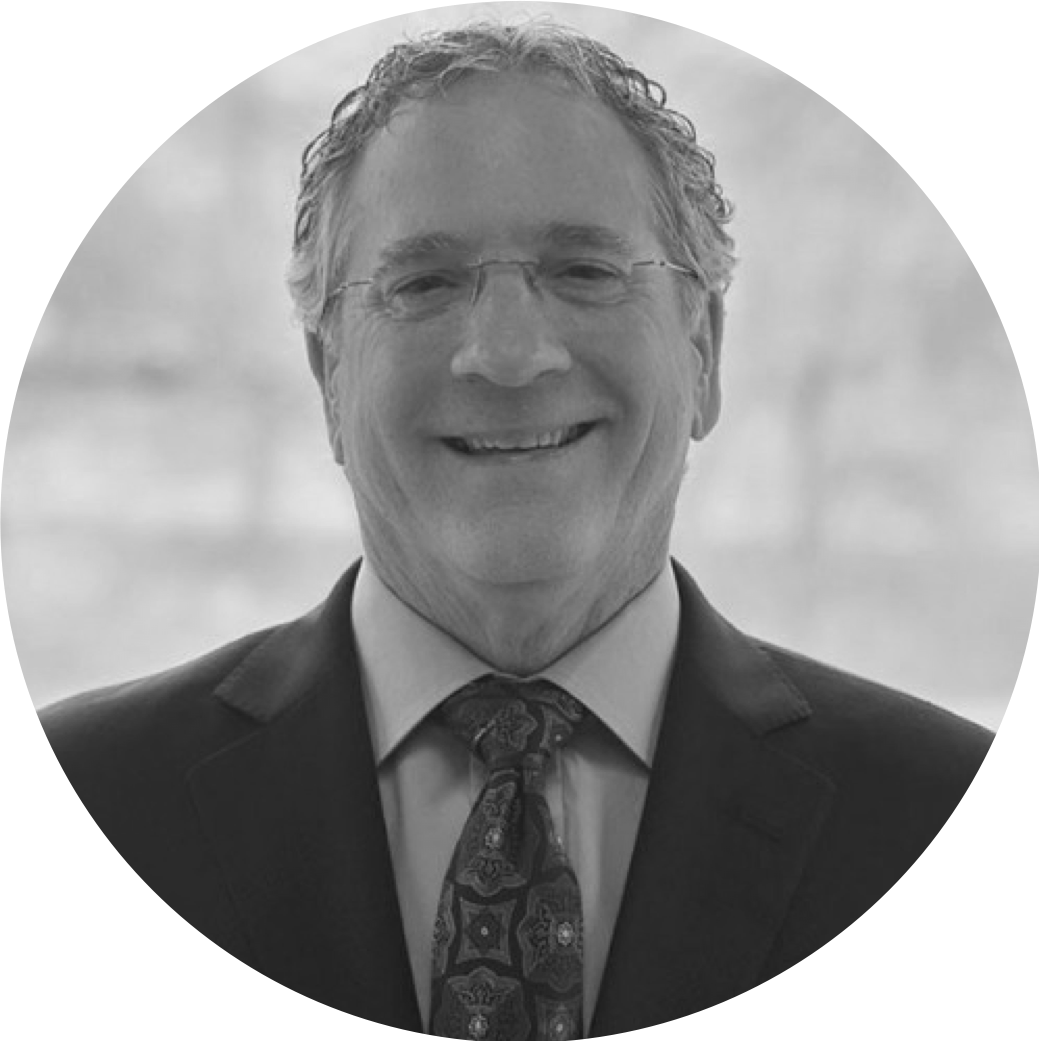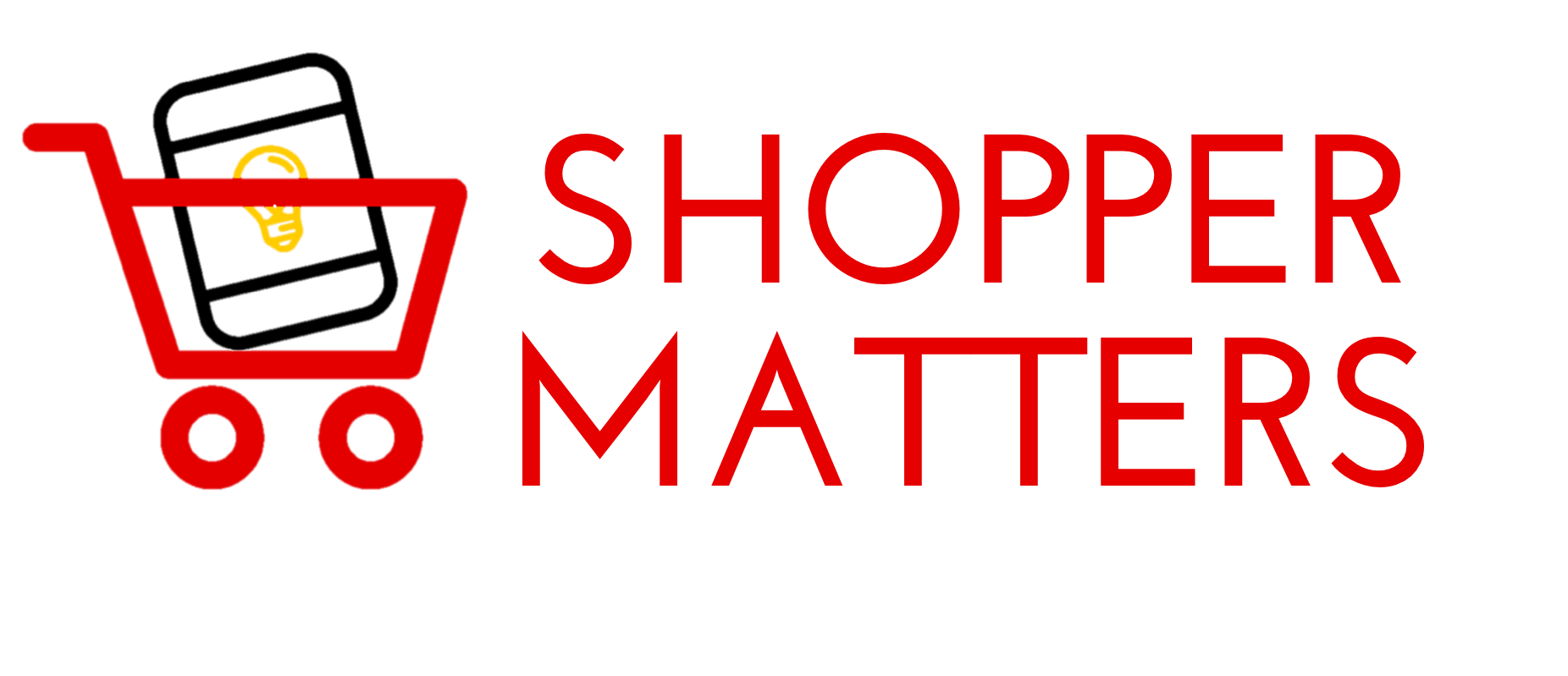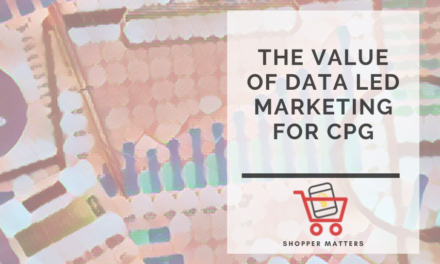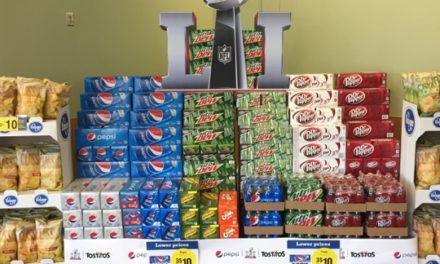FINDING A MARKETING JOB DURING A PANDEMIC
Today, many LinkedIn posts go something like this…
“Are you out of work? Are you looking for a job? If we worked together in the past, please let me know if I can help (an introduction, a LinkedIn recommendation, a professional reference, etc.). If I CAN do something to help, I WILL.”
After I posted a similar update, I spoke to many people impacted by job loss. I helped where I could – and will continue to do so – but I decided there was an opportunity to do something bigger with (hopefully) a broader impact.
As I’m fortunate to be connected with numerous influencers in the talent and recruiting field, I turned to the experts for advice on finding a marketing job during a pandemic. I had the privilege and honor of speaking to five of the best in the business, including traditional executive recruiters, best-selling authors, and technology disruptors.
Hopefully, their suggestions, thoughts, and ideas will provide needed help for those seeking a marketing job during a pandemic. Excerpts from our conversations are below, but first, let’s introduce our expert panel that was kind enough to share their advice.

Ray Samuels
Co-Founder, Wripple
Ray is the co-founder of Wripple, the first agency services platform that lets you find expert, on-demand teams. Ray previously led Razorfish’s largest client portfolio, launched Huge in Europe and helped build the Martin Agency’s digital offering. He’s passionate about leading teams to define and execute digital strategies across the entire customer journey.

Lee Frohman
Owner, Managing Director, The Dunwoody Group
Lee is the Owner and Managing Director of The Dunwoody Group. Lee spent over 13 years in sales and marketing roles in the Consumer Products industry. Lee’s industry knowledge, strong work ethic, and experience performing many of the roles in which is he is recruiting, enable him to identify with his clients’ needs, develop a clear understanding of their individual requirements, and deliver services that exceed their expectations.

Rick Zuroweste
VP, CPG Executive Recruiter, The Jacob Group
Rick is an Executive Recruiter at The Jacob Group. He leverages a distinguished 30+ career and professional experience with major Consumer Packaged Goods companies to connect companies looking to elevate their Sales and Marketing talent pool, with best-fit candidates seeking to build and enhance their careers.

Kris Holmes
Principal/Executive Recruiter and Partner at O'Connell Group, LLC
Kris Holmes is an executive recruiter and partner at O’Connell Group, a leading executive search firm in consumer marketing and market research. With more than twenty-five years of experience, she is also a member of the Pinnacle Society, the premier consortium of industry-leading recruiters in North America. She is a nationally recognized career counselor, speaker, and author of the#1 Amazon bestselling book, Ignite Your Career!

Russell Herring
Founder, Strategy Source LLC
Russell is the Co-Founding Partner of Strategy Source LLC. Strategy Source is an Executive Search, Talent Advisory, & Strategic Consulting firm that has emerged as the preeminent partner to ad/mar-tech companies, emerging brands, retailers, media companies, and innovative SaaS companies. We help CEO’s deal with the challenges that keep them up at night. Usually, talent is near the top of that list, and we help them develop the right strategies before they invest in hiring.
SHIFTING CONSUMER EXPECTATIONS AND DIGITAL DISRUPTION
Shifting consumer expectations and technology disruption are two fundamental macro forces impacting society. What are the impacts of these on the business needs of companies today?
Russell Herring: The current marketplace has become homogenized with similar programmatic, search, and social approaches, often driving consumers to Amazon. Due to data privacy, dying affiliate programs, and consumers limiting who they engage with, the time is ripe for innovation. We expect to see individualized, algorithmically progressive applications that allow brands and retailers to tailor experiences to the individual customer better, possibly even sharing data to create better micro-moment experiences for the consumer. Consumers are more connected than ever using digital to research, entertain themselves and work…sometimes all at the same time.
Rick Zuroweste: COVID-19 has accelerated the blurring of the lines between brick and mortar and online retailing. Today’s hyper convenient consumer wants to limit their amount of exposure or amount of risk. Shopping experiences must continue to evolve relative to this trend. As consumers demand faster, cheaper, and safer delivery options, customer service and supply chain needs must advance. Take curbside pick up as an example. It’s a service that requires a significant amount of technology, significant resources, and significant organizational planning. The pandemic accelerated curbside, but retail was already moving here to meet the hyper convenience trend given our busy world. COVID made this more prominent and makes companies move faster. Changes like this will also require new capital investment. For Walmart and Amazon, that’s okay. Small retailers, particularly in grocery, may not keep up and may stay small or fade away.
Ray Samuels: In the incredibly dynamic environment in which we find ourselves, brands are increasingly turning to on-demand freelance talent to acquire in-demand skills, gain flexibility, and move faster to keep up with changing consumer behaviors. While cost-effectiveness is certainly another driver of using freelance talent, the urgency to support new working methods, including agile, remote, and more, is required to keep up today.
CHANGES IN CPG, RETAIL and e-COMMERCE Roles
What changes have you seen in CPG, retail, and e-commerce roles since the start of the COVID-19 pandemic?
Lee Frohman: Companies are seeking talent that is flexible and can thrive in an ever-changing environment. They are looking for autonomous employees who are self-starters and can make critical business decisions on their own. Companies have been more open to positions being partially or fully remote. We also are seeing the interview process evolve rapidly, including more steps. Multiple calls and video chats are used versus meeting the interviewing team at one time in person.
Russell Herring: Across the board, we see hiring growth within e-commerce teams. Our clients have suspended their wholesale and off-price channel sales efforts to capitalize on their booming e-commerce businesses, in some instances. On the contrary, one of our top CPG clients, exclusively reliant on retail sales, filed for Chapter 11 as a snowball effect from one of their largest retailers’ bankruptcy. In between these two extremes, clients who have been able to weather the storm without a legitimate e-commerce solution must now accelerate their digital efforts.
Kris Holmes: One undeniable thing: the pandemic greatly intensifies the need to communicate directly with consumers. For brands that were dabbling in e-commerce or had channels beyond the traditional retail, this holds. A connection with consumers and improving the ease of getting products to them via e-commerce are critical. As always, figuring out how to be top of mind is also essential. The other thing that has come out of this, and it’s not just the pandemic it’s also the time we’re living in, it’s Black Lives Matter. It is critical to communicate with the right tone, the right voice, and the right message. Consumers decide who they want to purchase from based on product offerings AND how those products align with their beliefs. That’s never been more prevalent than it is now.
Rick Zuroweste: From start-ups to mid-cap companies to more traditional companies, many are investing in technology to make sure that they’ve got the right information to sell their products faster. Those companies need talent with the skill sets to better leverage the technology put in place, which has led to the Rise of the Chief Digital Officer (CDO). The CDO role brings technology front and center, particularly in the sales and marketing space. Based on the speed by which information needs to be gathered, analyzed, and reported, the skills required now include data science, data manipulation, and the ability to uncover insights from data analysis.
Ray Samuels: It’s probably not too surprising that many industries are experiencing accelerated demand for their products/services due to COVID. Companies are actively looking for on-demand talent. The top roles those companies have an interest in hiring range from consumer researchers (who can shed light on how COVID changes consumer behaviors) to professionals that create digital experiences to engage consumers. There is also a growing need for technology to help brands successfully balance full-time staff with contract talent. Managers and leaders who grew up in a digital world are now making talent decisions, and they want modern tech-driven solutions. They desire a platform that provides direct access to vetted talent, automates critical processes, and delivers personalized solutions. The Wripple platform makes it easy to connect with and hire the right talent for your project.
The Marketing Skills in demand today
In your opinion, what skills are in demand now, more than ever?
Kris Holmes: Companies are seeing firsthand how critical leadership is across the board. Being able to lead through adversity and crisis is incredibly important because you don’t know what’s coming around the corner. As we go through this time is, some people (not just senior leaders) are stepping up and shining. They are showing themselves to be agile team players. In contrast, other people are freezing. Those who can lead are setting themselves apart. Today’s leaders are clear about expectations, yet they also exhibit empathy as they understand that everybody’s situation is different. Strong leaders realize that “how you get there” may be very different for each employee…and vastly different based on what’s happening today. Strong leaders show they value their employees and trust them to get the work done (it’s just done differently than before). An empathetic leadership approach builds loyalty among employees. Conversely, if a compassionate culture doesn’t exist, employees may stick with a job because they need a paycheck, but long term, they don’t want to be at a company that doesn’t value their employees. In terms of specific skill sets and roles, we see more e-commerce, digital, and social positions available today. The other area very much in demand is innovation. Companies put a pause on innovation, as they initially dealt with the crisis; now, they realize it’s required to come out of this stronger and more in tune with their consumer.
Lee Frohman: Companies are seeking talent that is flexible and can thrive in an ever-changing environment. They are looking for autonomous employees who are self-starters and can make critical business decisions on their own. Companies have been more open to positions being partially or fully remote. We also are seeing the interview process evolve rapidly, including more steps. Multiple calls and video chats are used versus meeting the interviewing team at one time in person.
Ray Samuels: The skills that we have seen the most need for include: Digital Strategy, User Experience Design, Visual Design, Digital Marketing, Content Strategy, Content Production (especially video for social channels), Software Development, and Data Science are all roles that are seeing renewed interest. Data Mining and Data Science are especially important skills to be able to map the customer journey, capture data, and act upon it.
Russell Herring: The skills that are in demand now, more than ever, include: Data Intelligence, Customer Acquisition, Digital Marketing, Customer Success, Sales Development, E-Commerce and Merchandizing, and OTT/Streaming/Advanced TV.
Rick Zuroweste: The rise of the Chief Digital Officer is something we are keeping an eye on as it continues to be front and center. Today, more companies talk to us about data mining and data science. One prospect came to us to see if we can put an entire data science team together for them. There is also a gap in the market right now with e-commerce skills; this is a role where both marketing and sales skills are required. Lastly, we are getting many requests for shopper marketing roles, both on the CPG and retail sides. The shift to retailers owning their own brands and marketing activation tools has improved sales and served as a revenue generator for retailers.
the employment forecast…
What’s your forecast on employment and hiring in the industry for the next six months?
Ray Samuels: It’s a tough time to forecast, but one thing we know for sure, based on pre-Covid trends and what we’re hearing from clients now, is that the balance of full-time and on-demand contract talent will shift. Before COVID, many companies already stipulated that a certain percentage of the workforce must come from outside. These percentages varied by industry, but looking forward, we see a broader commitment to the strategic use of contract talent as a percent of the total workforce, which delivers greater flexibility in managing capacity.
Lee Frohman: Companies that want to grow and take market share should continue to add talent; they will thrive as the economy returns. Companies that are more cautious and let open positions linger will have trouble keeping up.
Russell Herring: On a macro level, we are in for a slow-roll through the end of the year. However, we are now seeing an uptick in hiring. We’re hopeful that 2021 planning will include better than average headcount forecasts, but Q4 will tell us a lot. It’s a misnomer that “nothing happens in December”; it is traditionally our best month. If this holds, it will be a good indicator that momentum has shifted back in favor of the employer for skilled labor. Fingers crossed!
Kris Holmes: As the pandemic started, everything except for the critical jobs went on pause for a couple of months. We’re now seeing some companies lean into hiring remote, onboarding remote, and having more flexibility around remote. The traditional CPG brand manager person is still going to have to be in the job in the office majority of the time because they’re dealing with so many different cross-functional teams, and they’re at the helm. With e-commerce, digital, social, and even innovation roles, there may be more latitude in the future. Many incredibly conservative companies that said, “No way, remote does not work,” are shocked at how well remote working has gone. I think it will be a real struggle for recent graduates because they’ve never been in the corporate world in a big way. Finding a corporate culture where you belong is essential. Those people already established in the workforce and who are changing companies will have an easier time adapting. Companies will open up their offices again, but they may not have everybody in there at all times. The next six months will tell whether it can be done and what model works best.
Rick Zuroweste: The overall job market is down since the beginning of the year. Placements have declined by about 36%. Yet, we’re starting to see companies add new positions into their 2021 people planning; they’ve got the requisitions and records ready to go. But, there’s still a pause button on the hiring across CPG and retail. Grocery revenue is skyrocketing, mostly coming from foodservice as people are not going out as often. There is pent up demand, and once that demand starts to move through the floodgates, it will move pretty quickly. It is all dependent upon how COVID-19 goes. But, we’re seeing more optimism from clients that there’s a path forward, and they know there’s going to be a new normal. So there’s cautious optimism in the future. Right now is your best opportunity to find great talent because of the softer job market. We counsel our clients and prospects to get talent now and build for the future.
Best Advice for those finding a marketing job during a pandemic
What’s the most significant piece of advice you can give to those looking for a job today?
Rick Zuroweste: Stay confident. Persevere and play the numbers game. The more contacts you make, the better your odds of finding an opportunity are going to be. The second big thing is to distinguish yourself. There’s a massive pool of people not working, including outstanding people that got let go or furloughed, not just those that were managed out. Ensure your skills, competencies, and accomplishments are the central theme of your resume and talk track. During interviews, simplify and amplify the quality over quantity of your experience to distinguish yourself.
Kris Holmes: There are two things I’m urging people to do to set themselves up for success. Get your resume in amazing, amazing shape. You should have two different resumes. One, when you go through a recruiter working for a job, or your network. A second for when (as a last resort) you post online. The resume for online posting must call out the skills and experience tied to the job you’re applying. Network like crazy. I’ve been a recruiter for 25 years. I’ve never found a better time to talk to people than today. People are open to talking, including peers you’ve worked with, people you went to school with, or senior leaders at companies you’re interested in working for. I have had so many more CEOs have the time to chat because they’re not slammed in meetings all day. Networking in a positive, productive way will bring you top of mind when a job that feels relevant comes up.
Ray Samuels: The top answer is to remain flexible and open to different work arrangements. For example, we see talent asked to work in new team structures, take on fully remote work, start on a contract basis with the option to go full-time or stretch to take on expanded responsibilities. It is an excellent time to develop your skills or strengthen existing ones. There are countless online learning options and certification, whether you want to gain specific technology skills or take MBA-level courses in strategy, marketing, product management, and operations. On a much more tactical yet critical level, creating and maintaining a compelling online professional profile is always valuable. Including LinkedIn, but beyond too, talent should spend sufficient time to create profiles to best market their unique capabilities to potential employers in the most relevant way possible. For example, on Wripple, our clients search for talent with proven digital marketing capabilities and experience. When people take the time to craft a profile that demonstrates a proven track record (compelling work history highlights, relevant sample work, client testimonials, etc.), they have significant advantages over other candidates. Candidates need to think of their profiles on LinkedIn and talent marketplaces as their storefront and put their best foot forward.
Lee Frohman: Be flexible. Use this opportunity to improve your knowledge and understanding of technology. Make sure you prepare for any interviews or conversations with potential employers. Research their organization; understand their market place and competitors. This preparation will help you have an in-depth discussion that will set you apart from other candidates. Lastly, embrace virtual interviewing; after all, it may be the only way to communicate your background and experience.
Russell Herring: The fundamentals of hiring haven’t changed in 20+ years. The interview may be over Zoom instead of in-person, but you should always look presentable, be prepared, and write the follow up thank you note. These things will never go out of style. Now is an excellent time to refresh the resume, take a course, learn a new skill, pick up a hobby, or exercise more. Keep mentally stimulated and active. For such a difficult time in our country, we need to make sure we are staying sane!
==========
Thanks to our all star panel for their time and insights. I hope this article offers useful advice. If I can be of any help, please let me know.





